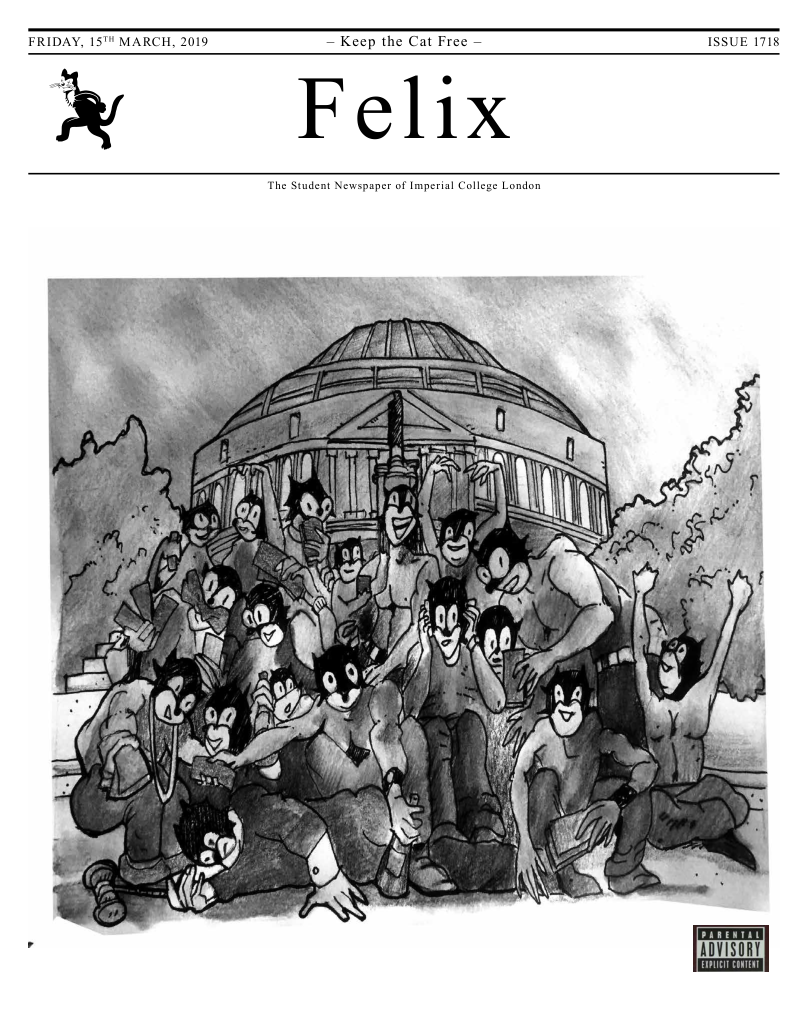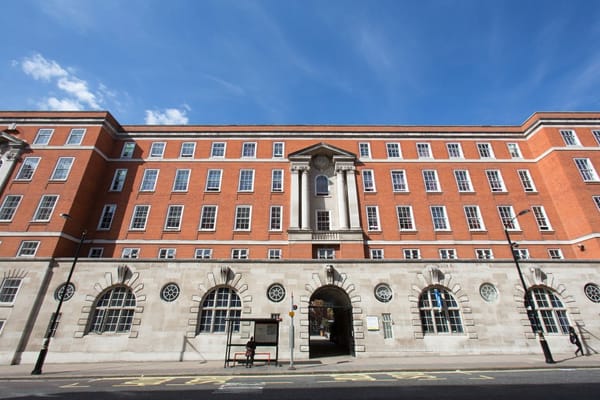Brexit: the end of internationalism
Comment writer Eamon Akil Farhat, writes that, with the onset of Brexit, he is considering rejecting his Britishness
I consider myself many things: a global citizen, a European citizen and a British citizen, in no particular order. Their ideals have always complimented each other but for the first time, they have started to clash. The onset of Brexit, as we rapidly approach the 29th of March, has thrown my whole identity into crisis. My British citizenship, which I have proudly possessed for my whole life up to this point, now threatens the other pillars on which I base myself.
I was born in Nottingham. My parents met at university due to an Erasmus programme but, after a few lovely years in the UK, they took job opportunities in Geneva. We enjoyed a nice life, living in neighbouring France, hopping across the border every day for school and work. For many, the advantages of the EU might be a little abstract; I reaped the fruits of this union everyday as my life was sprawled across it. With nothing but a British passport to my name, I still felt like I belonged in this little corner of France. I may have possessed a British passport, and the lady next door a French one, but we were both European equals. This common identity was comforting as beyond having the right to live here in France, I genuinely felt like I belonged. Nonetheless, after spending all my formative years learning the language and culture, I still felt British and not French.
I have no familial ties to the UK. My allegiance to this nation was due to the values of tolerance and openness that it stood for. These values had allowed my immigrant parents to study and work, providing them with a springboard into a successful life. When Brexit happened on the 23rd of June, I was in shock as nothing would be the same again. To think that my entire existence could be ripped up, with my precious passport becoming blue as my country was turning its back on my beloved EU. Those leading the debate see this as a purely political decision but for millions of young citizens, the European identity is in their blood.
Ultimately, I believe some aspects of Brexit have been exaggerated. I am sure my rights at home in France and the rights of 1.3 million British citizens living in the EU will be guaranteed. There might be a small recession and then business as usual. However, things will never be the same again as the message sent by Brexit resonates in every corner of the globe.
Britain has always been an extremely multicultural nation where all could feel welcome. This might not change overnight, but leading up to the vote on the 23rd of June 2016, up until Brexit day on the 29th of March and beyond these ideals have been and are continuing to be eroded. This whole ordeal has unleashed the beast of xenophobia and toxic nationalism and normalized it for many. Increasingly being tarnished by these cancerous voices, it is natural that international talent will look elsewhere for opportunities. Students, who came to Britain on a wave of internationalism, like my own parents, would never dare under today’s conditions. This prospect horrifies me and so I no longer wear the badge of Britishness with pride, if I could, I would no longer wear it at all.






